Sales of Sweet Pea’s Promise, a new pale ale named for an endangered chick, support African penguin conservation.
BALTIMORE, MD – To celebrate the 10th anniversary of its award-winning Penguin Coast habitat, Maryland Zoo has teamed up with Peabody Heights Brewery on a new limited release pale ale. Called Sweet Pea’s Promise, the beer is named for one of the Zoo’s African Penguin chicks officially named Peabody but known affectionately by her keepers as Sweet Pea.
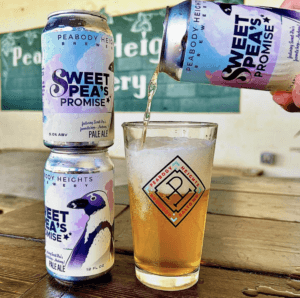
There’s serious business behind this fun collaboration. Proceeds from the sale of each can will be donated to support the conservation of this endangered species.
The light, crisp pale ale is low in alcohol (5.0% ABV) and high in summer drinkability. In a nod to one of the penguins’ favorite fish, Sweet Pea’s Promise is made from a new kind of hops, called Anchovy Hops, that infuse the beer with subtle hints of melon, hard candy, and pine.
Sweet Pea’s Promise can be found on draft and in 6-packs to-go in the Peabody Heights Taproom.
“Maryland Zoo is a world leader when it comes to saving African Penguins,” said Maryland Zoo President & CEO, Kirby Fowler. “African Penguins are a crowd favorite but their numbers are plummeting in their native range. The partnership with Peabody Heights Brewery helps us breed new chicks in Maryland and support their cousins’ survival in the wild.”
“We’re so excited to be a part of the collaboration, and help make a difference to sustain the African Penguin population. We’re so honored that the Maryland Zoo named a Penguin: Peabody. It was the perfect opportunity to brew up a special beer in honor and support of the Maryland Zoo.” Peabody Heights Brewery Vice President & Owner Edward O’Keefe
African Penguins at Maryland Zoo
Maryland Zoo is home to the largest colony of African penguins (Spheniscus demersus) in North America and has successfully bred more than 1,000 chicks. The birds are one of the Zoo’s Signature Animal Programs and among its most popular visitor attractions.
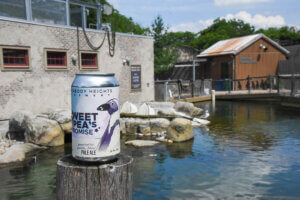
The Zoo’s Bird Curator, Jen Kottyan, has been appointed to lead the national breeding and population management initiative for African penguins (Spheniscus demersus). As the Program Leader for the African Penguin Species Survival Plan© (SSP), Kottyan now oversees African penguin breeding programs at zoos accredited by the Association of Zoos and Aquariums (AZA).
To underscore the strong tie between the colony in Baltimore and conservation work halfway around the world, the Zoo’s award-winning Penguin Coast habitat is reminiscent of the fishing villages you might encounter along the western coast of South Africa and Namibia, where these penguins live in the wild.
Despite being a protected species, the number of wild African penguins has declined dramatically. There is a real chance the birds will become extinct within ten years.
Penguin colonies compete with commercial fishermen for access to their main food source. They are also vulnerable to ocean pollution, including spills from oil tankers and human disturbances on penguin nesting grounds.
For years the Zoo’s penguin team has been traveling to support a seabird rescue facility in South Africa. Maryland Zoo is also a founding member of a similar facility that is getting up and running in Namibia.

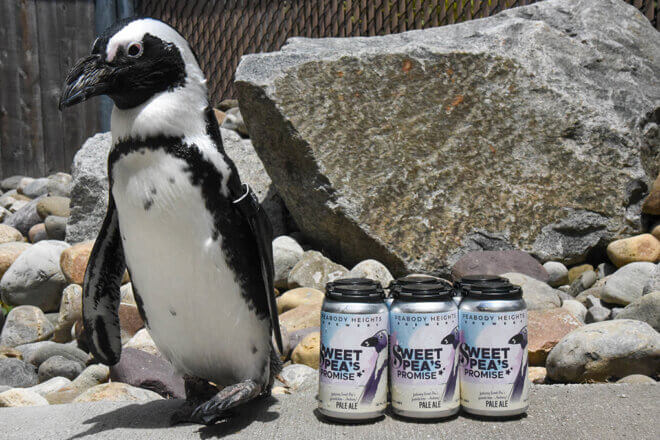
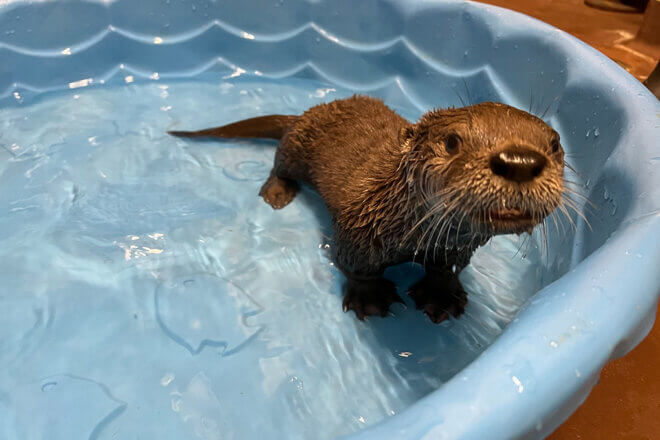
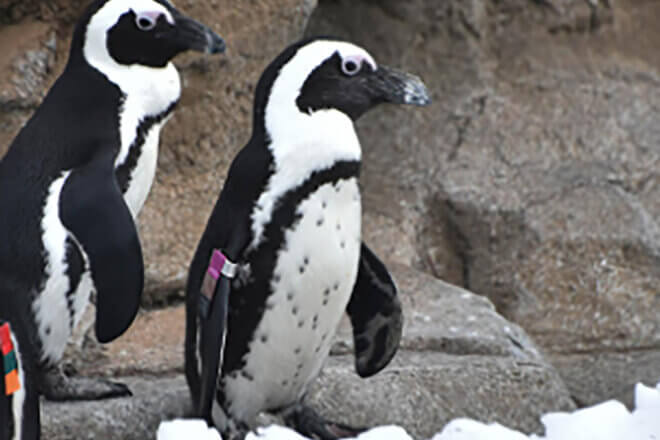
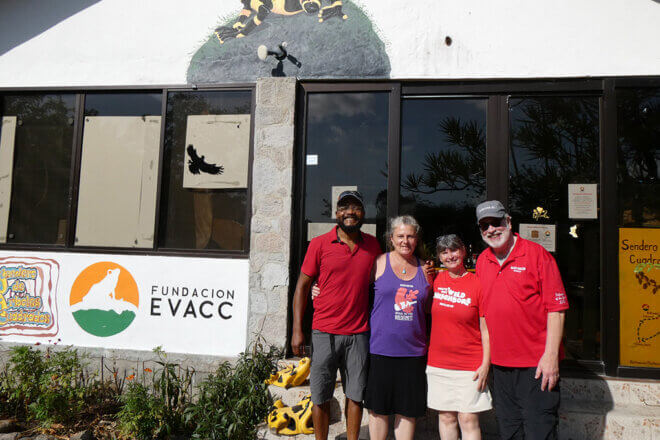

Share this article